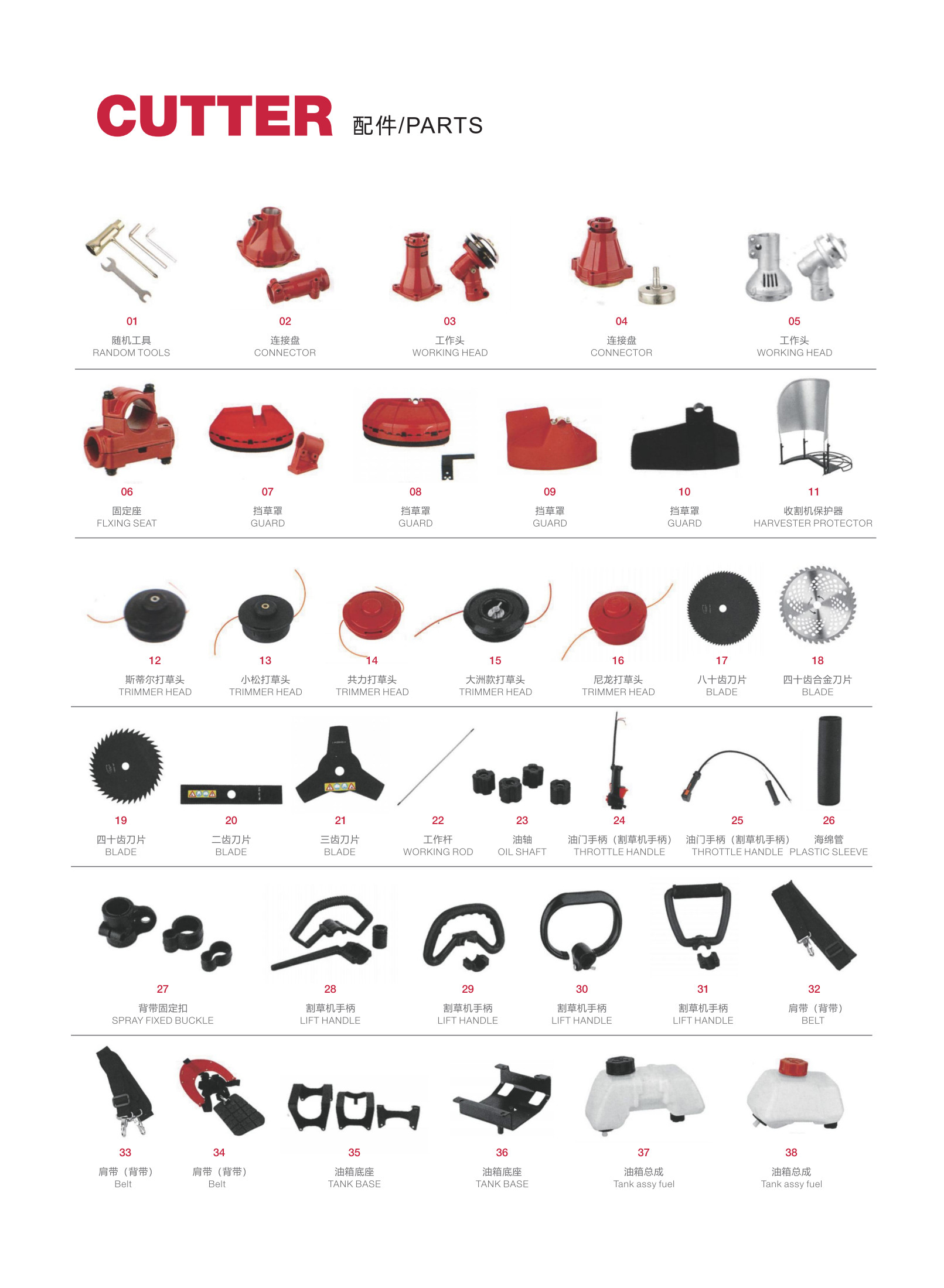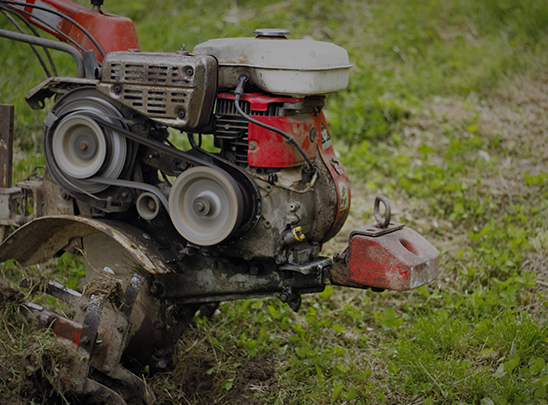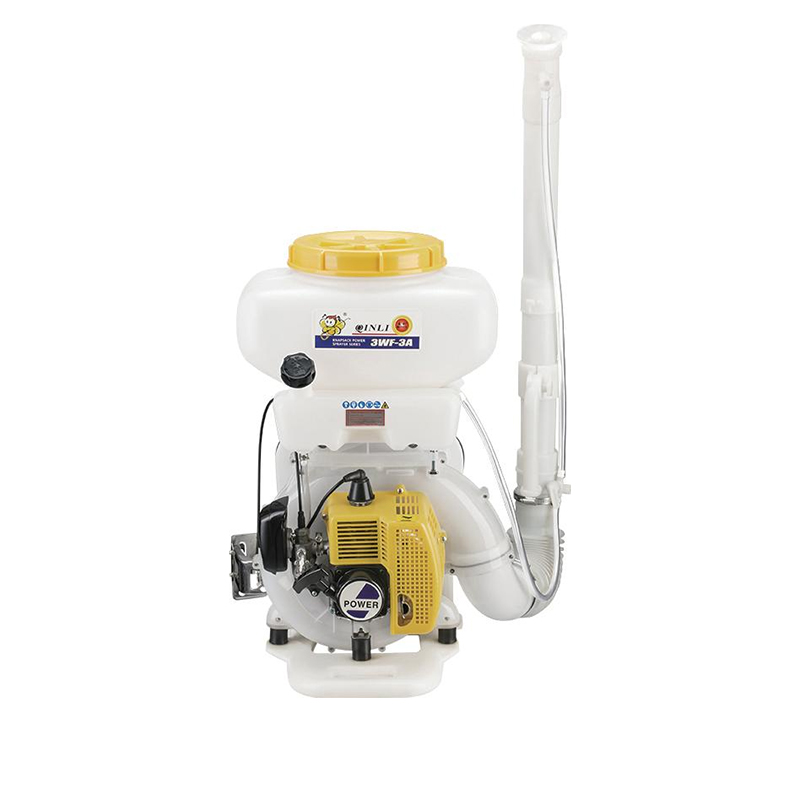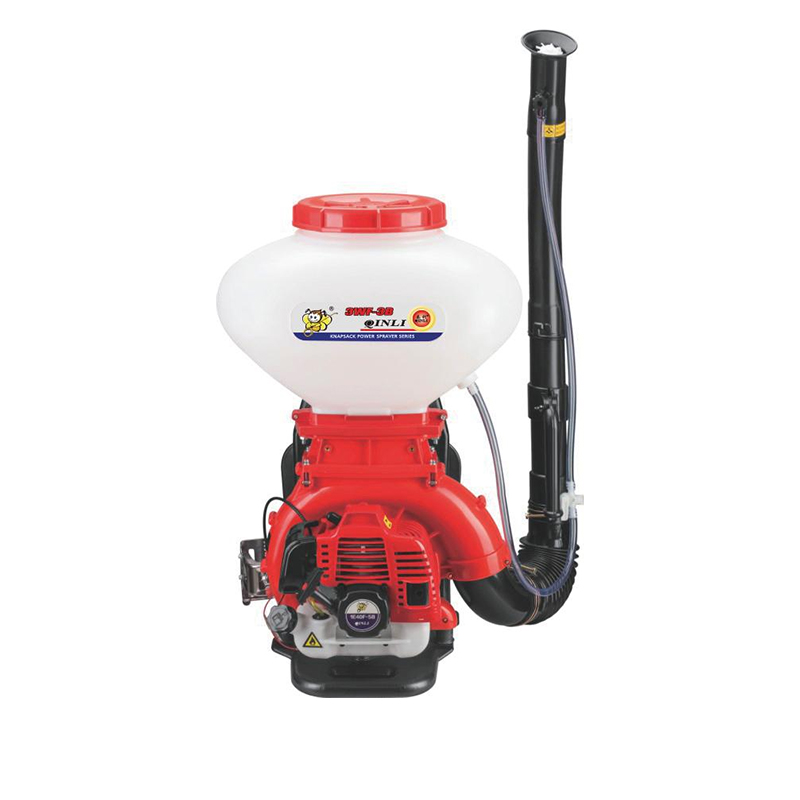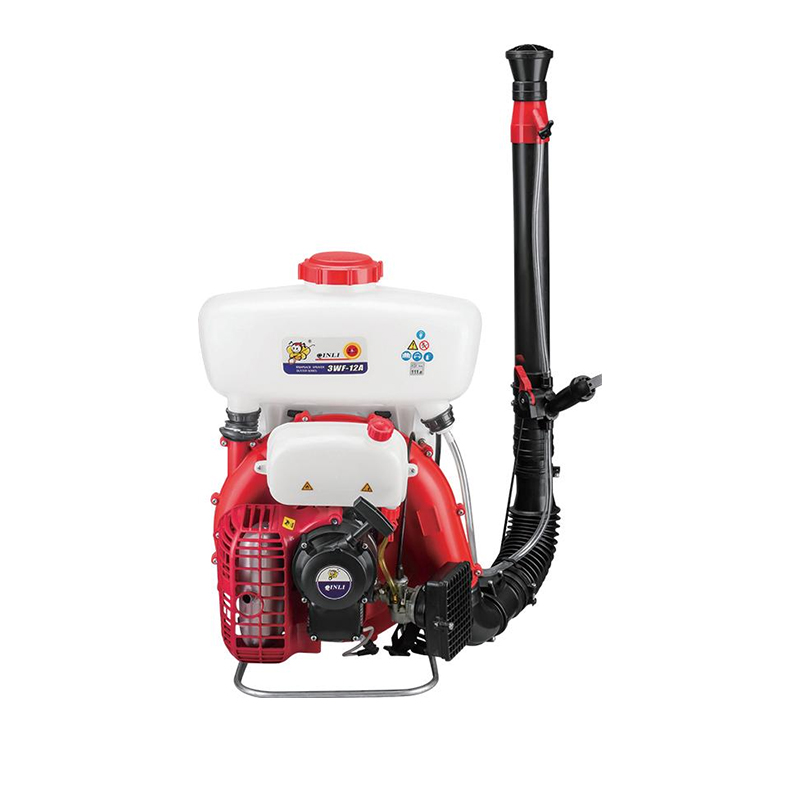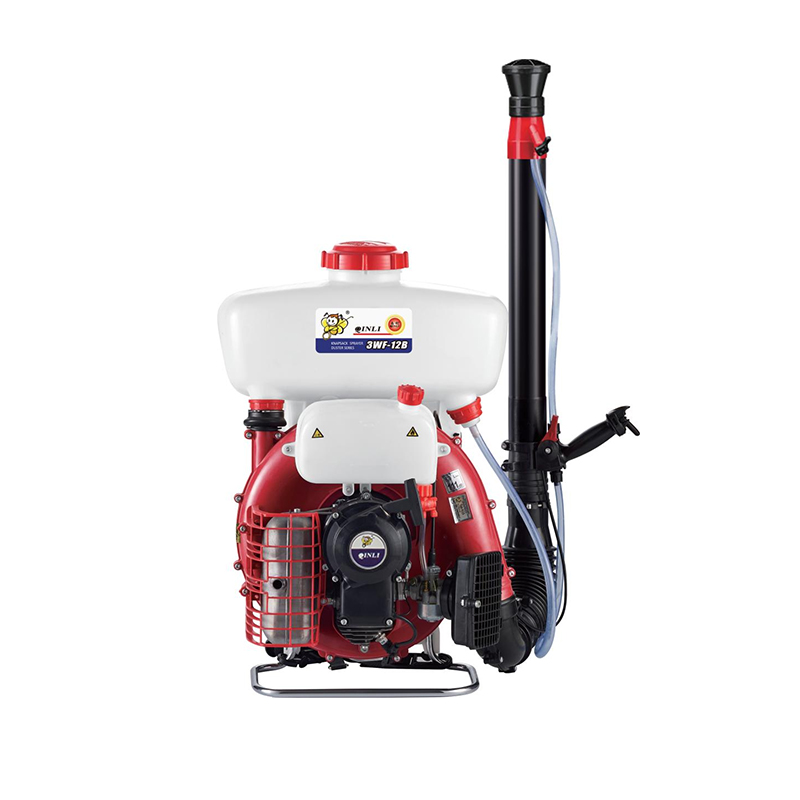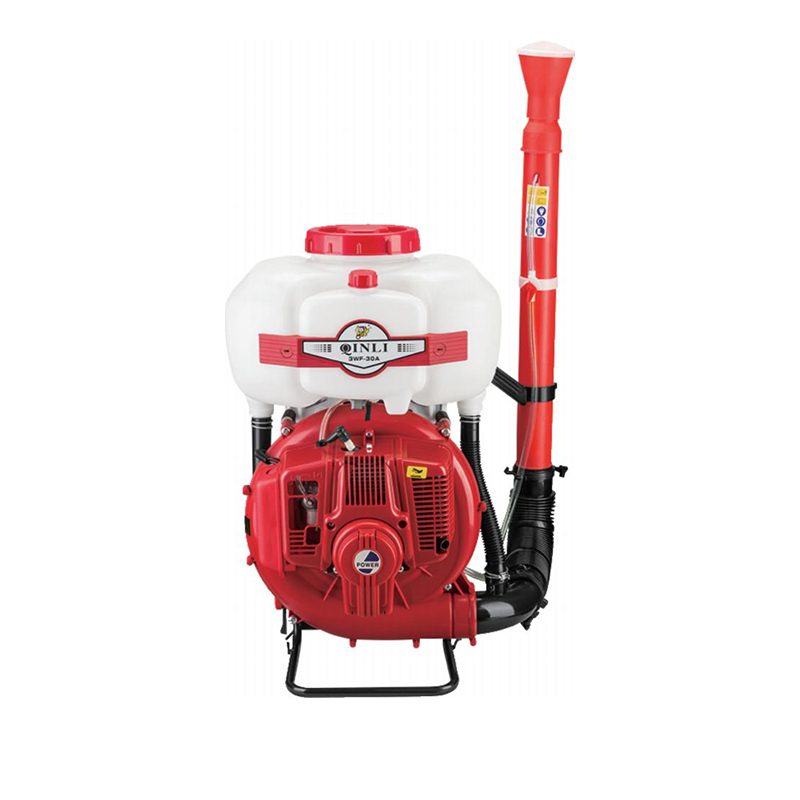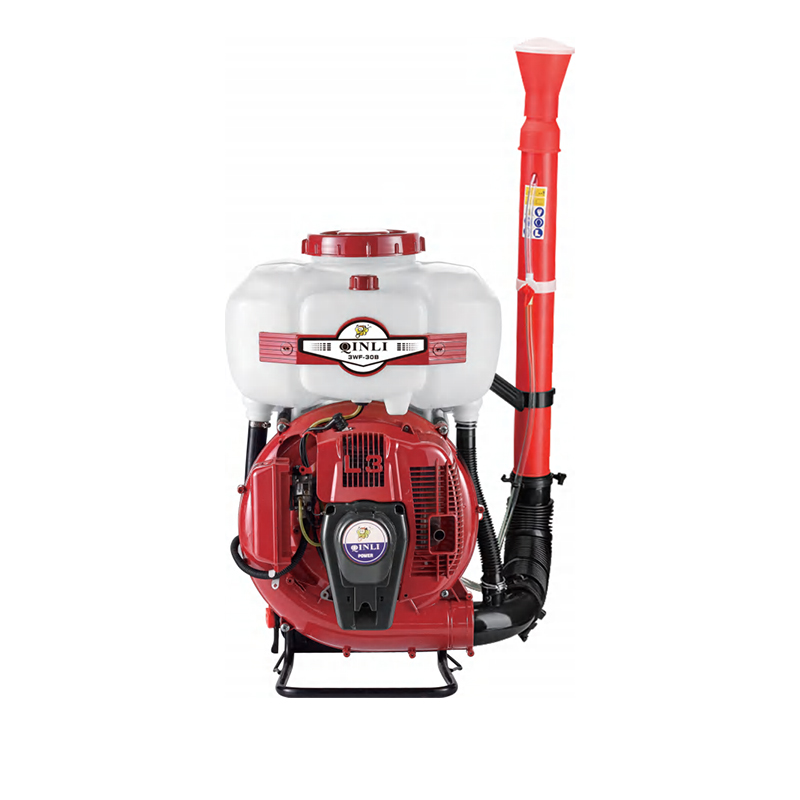Product Search
Small Farm Scale Tillage Machinery Equipment for Crops, Orchards, and Gardens
Small farm scale tillage machinery equipment plays a significant role in modern agricultural practices, especially for small to medium-sized farms. These machines are designed to prepare soil efficiently for planting, enhancing soil aeration, controlling weeds, and improving overall crop growth.
One of the primary advantages of small-scale tillage machinery is its adaptability. These machines are often designed to handle a variety of soil types, including loamy, clay, and sandy soils. Common equipment includes small plows, rotary tillers, cultivators, and harrows. Each type serves a specific purpose, from breaking up compacted soil to leveling the field or mixing organic matter into the soil. This adaptability allows farmers to tailor soil preparation to the requirements of different crops, improving planting conditions and crop yield potential.
Operation of small farm scale tillage equipment is generally straightforward. more machines are powered by small engines or can be attached to tractors, allowing for efficient and consistent tillage. Adjustable settings enable farmers to control the depth and width of soil penetration, which is important for ensuring proper root development and soil structure. Using these machines correctly helps maintain soil fertility while reducing the risk of damaging the soil ecosystem.
Portability and ease of handling are important features for small-scale farm equipment. Many models are compact and lightweight, making them suitable for small fields, orchards, and gardens where larger machinery may be impractical. The equipment is often designed with ergonomic handles, adjustable heights, and simple controls to reduce operator fatigue during extended use. These features allow farmers to work more efficiently and access areas that are difficult to reach with larger tillage machinery.
Durability is a key consideration in selecting tillage equipment. Components such as blades, tines, and frames are typically made from high-quality metals that resist wear and corrosion. Regular maintenance, including cleaning, lubricating moving parts, and inspecting for wear, helps extend the operational life of the equipment. Proper care ensures consistent performance and reduces the likelihood of breakdowns during the planting season.
Efficiency is another benefit of small farm scale tillage machinery. By mechanizing soil preparation, farmers can cover larger areas in less time compared to manual labor. This efficiency not only saves time but also allows for timely planting, which is critical for achieving good crop growth. Mechanized tillage also helps maintain uniform soil conditions, which can pilot to more even crop emergence and growth.
Safety is an essential aspect of operating tillage machinery. Farmers should follow operating instructions carefully, wear protective clothing, and ensure that equipment is in good working condition before use. Proper handling reduces the risk of accidents and ensures that the machinery performs as intended.
Applications for small farm scale tillage machinery equipment include preparing seedbeds, mixing soil amendments, controlling weeds, and maintaining field surfaces. These machines are particularly valuable for smallholder farms, community gardens, and orchards where efficiency, adaptability, and ease of use are important.
In summary, small farm scale tillage machinery equipment provides a practical and efficient solution for soil preparation in modern agriculture. Its combination of adaptability, durability, portability, and ease of use makes it suitable for a variety of farming environments. With proper maintenance and safe operation, this equipment can support productive farming practices, enhance crop growth, and contribute to sustainable soil management.
Recommended Products
- CONTACT DETAILS
-
- +86-13857697898
- +86-576-88121879
- export@qinlisprayer.com
- 18 Yanhai, sanjia Street, Jiao Jiang Dis, Taizhou city, Zhejiang, China
 Download Sample
Download Sample
- PRODUCT CENTER
- SEND A MESSAGE



 English
English  中文简体
中文简体  Español
Español  عربى
عربى 